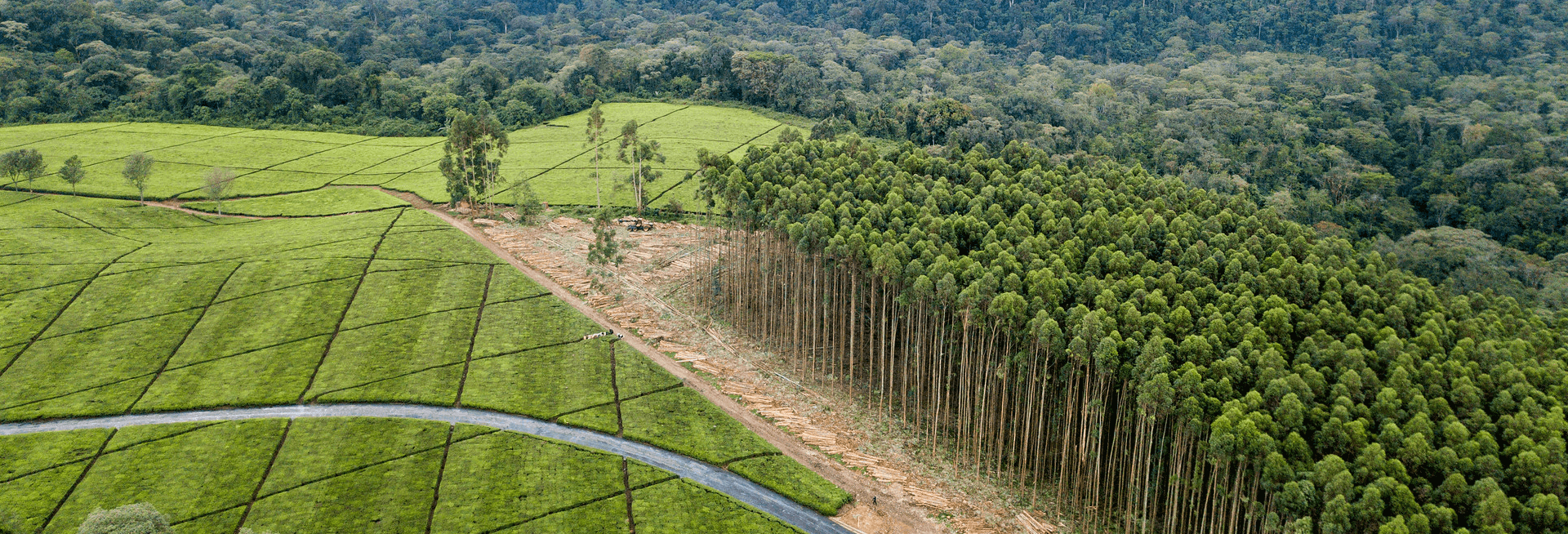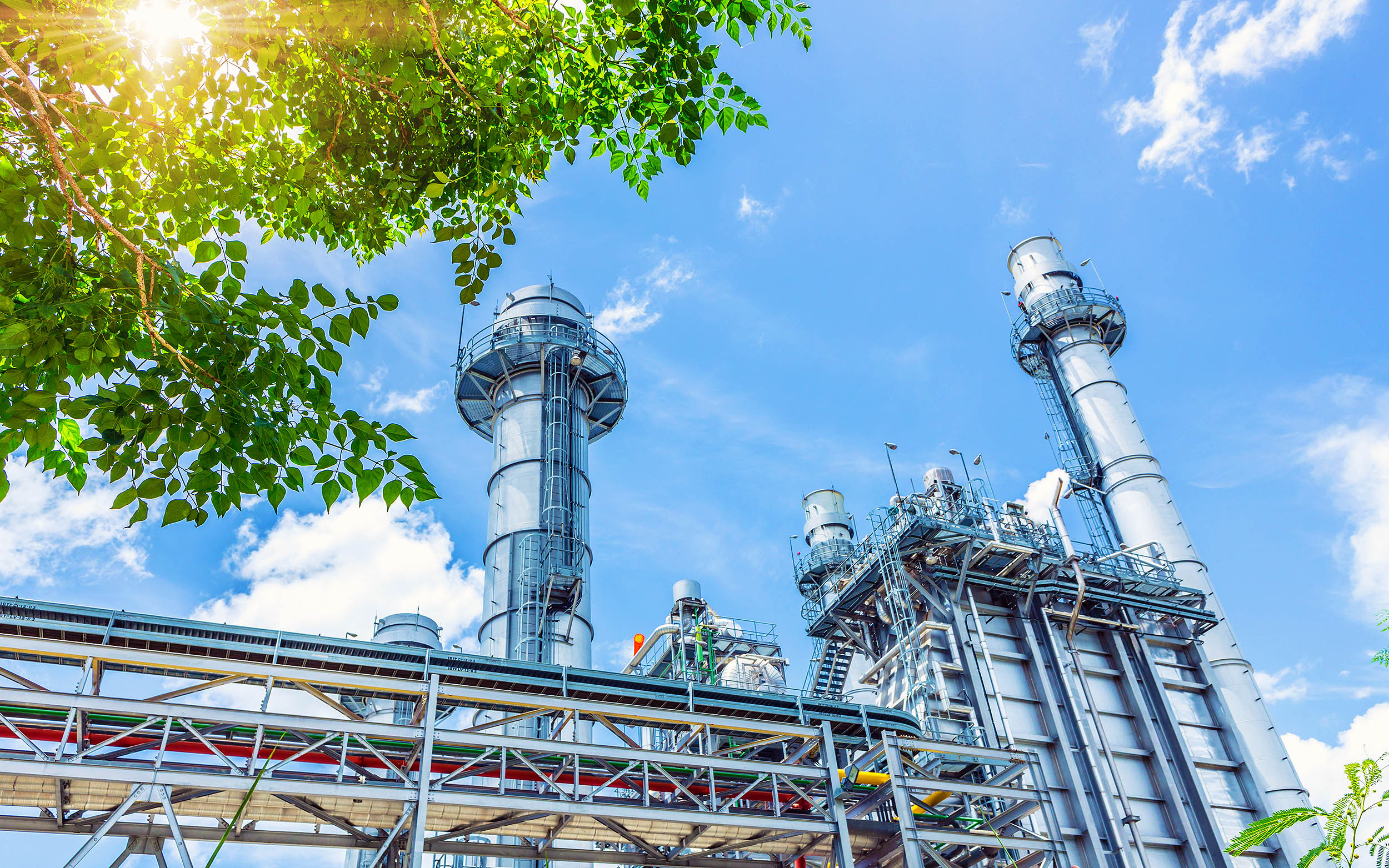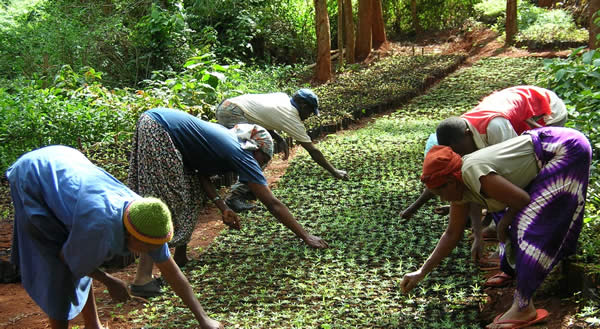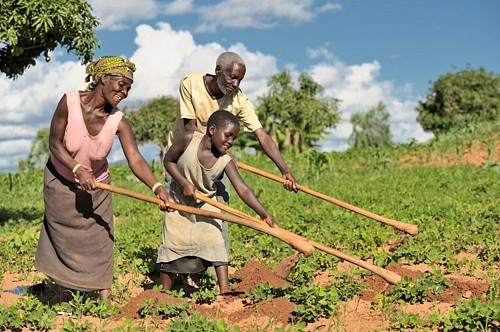Our Solution to contribute net zero emissions by 2050 and create jobs
What do we finance ?
Transition towards a decarbonized industry:
- Ecological and non-polluting factories
- Solar energy
- Green and less expensive and energy consuming machines/equipment
- Ecological transformation procedures
- Waste recycling procedures
- Techniques for environmentally friendly goods production
- Raw materials without polluting processes
- Digitalization and monitoring







